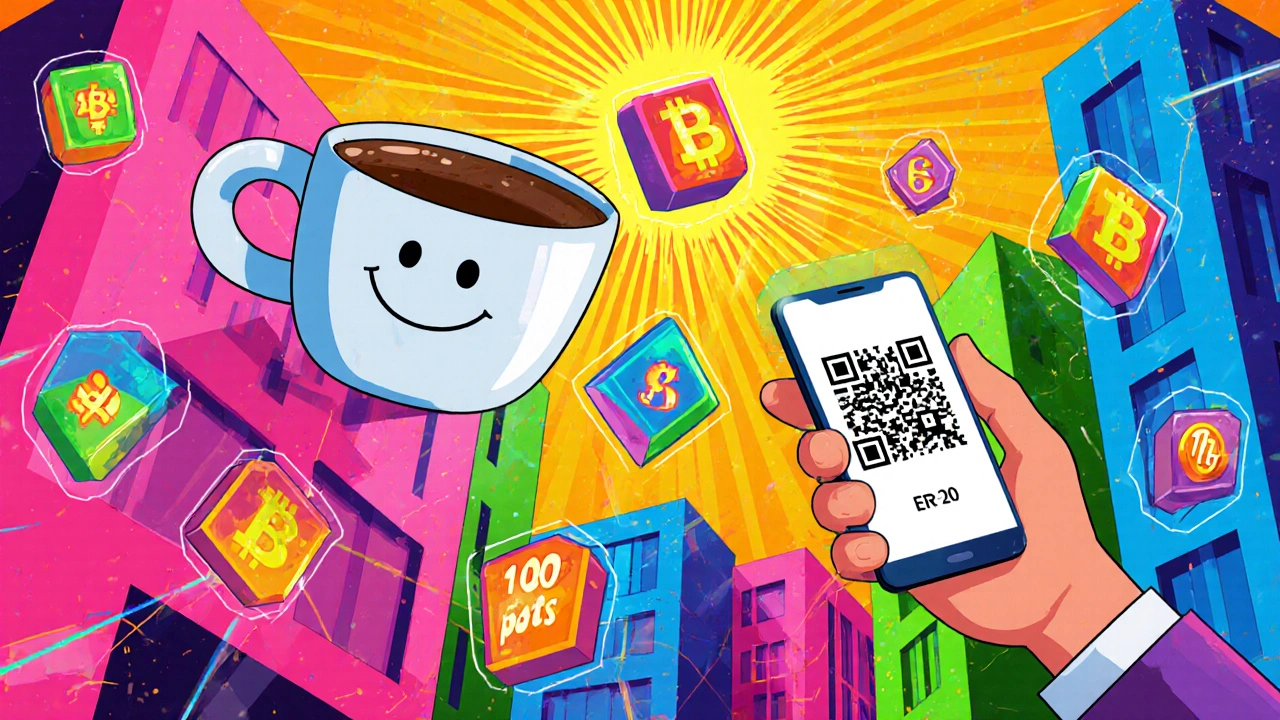Blockchain Rewards: How Token Incentives Work and What They Mean for You
When you hear blockchain rewards, incentives given to participants who validate transactions or secure decentralized networks. Also known as crypto incentives, they’re what keep networks like Bitcoin and Ethereum running without banks or middlemen. These rewards aren’t just free money—they’re the engine behind how new coins enter circulation and how people get paid for doing real work on the network.
One major way blockchain rewards work is through crypto mining, the process of using powerful computers to solve complex math problems and add new blocks to a blockchain. Miners earn Bitcoin or other coins as payment. But it’s gotten harder and more expensive over time, so most people don’t mine anymore. Instead, rewards now come from token unlocks, the scheduled release of locked-up cryptocurrency to early investors, teams, or stakers. These unlocks can crash prices if too many coins hit the market at once. That’s why tracking unlock calendars matters—if you hold altcoins, you need to know when big releases are coming.
And then there’s the legal side. cryptocurrency regulation, the rules governments set to control how digital assets are used, taxed, and traded, is changing fast. In 2025, some countries tax crypto like property, others like income. The IRS treats NFTs as collectibles, which means you could pay up to 28% in taxes when you sell them. That’s higher than the standard capital gains rate. If you’re earning rewards—whether from staking, mining, or airdrops—you’re likely liable for taxes. Keeping records isn’t optional anymore.
These aren’t abstract ideas. They connect directly to what people are doing right now: trading NFTs, watching token unlock schedules, and trying to stay legal under new crypto laws. You’ll find posts here that break down exactly how NFT tax rules affect digital art collectors, how token unlocks move altcoin prices, and how countries like India and the EU are shaping the future of crypto. Whether you’re earning rewards or just holding them, this collection gives you the real-world details you need to make smarter moves.

Retail Loyalty Programs: Tokenized Points and Rewards
Tokenized loyalty programs turn points into digital assets you own, not just store credits. See how brands like Boba Guys are boosting engagement, reducing breakage, and creating real value with blockchain rewards.
Categories
- Cryptocurrency
- Careers & Education
- Home & Living
- Technology
- Home & Lifestyle
- hire domestic help in Mumbai
- hire drivers in mumbai
- hire pet care in mumbai
- Travel & Transportation
- Health & Fitness
